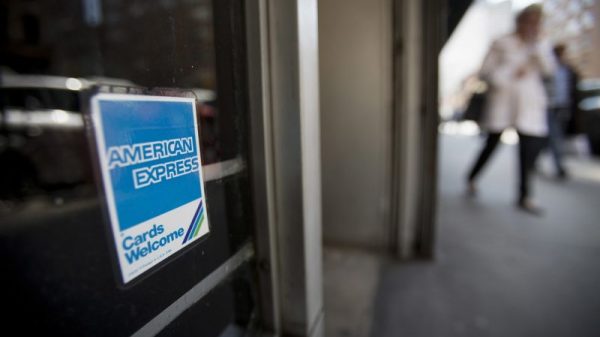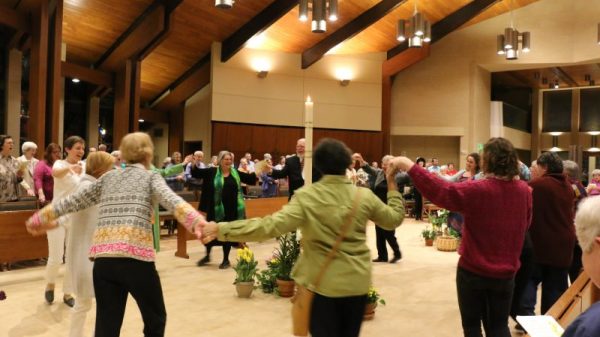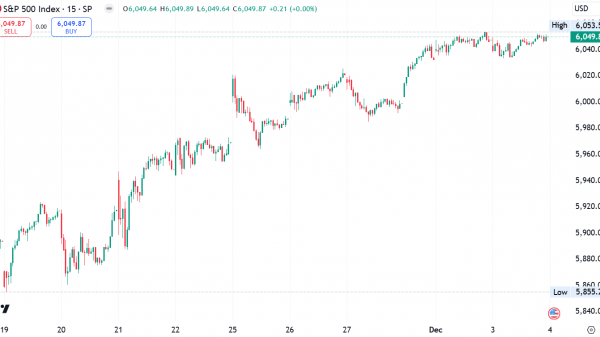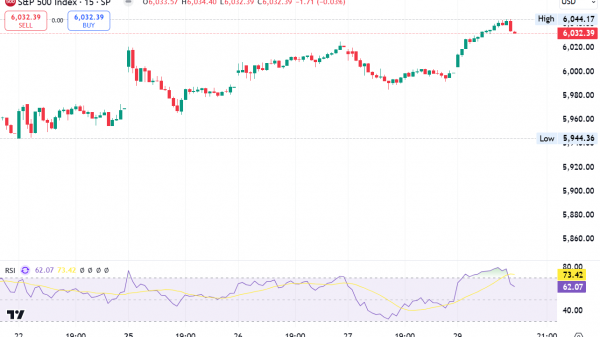State and local agencies that distributed federal aid to renters facing eviction during the pandemic are now scrambling to claw back millions of dollars in overpayments.
Officials in at least five states have been sending tenants and landlords a flurry of letters, typically citing clerical errors or other bureaucratic mix-ups, demanding that portions of the temporary relief money be returned. Some of the notices ask for five-figure sums within weeks.
Details about the clawbacks are hard to come by, but NBC News identified efforts over the past year in Minnesota, Delaware, Texas, North Carolina and Alaska to recover some of the more than $46 billion in emergency rental assistance that Congress allocated in two sweeping relief packages in 2020 and 2021. The excess funds, which cover a small fraction of that aid, are meant to be returned to the U.S. Treasury or reallocated to others in need.
But with little public guidance from Washington, some recipients are scrambling to dash off checks or appeal the requests, even though many remain vulnerable to many of the same housing disruptions the now-discontinued aid was meant to blunt.
Lenette Lopez, a single mother of two in Bear, Delaware, leaned on the state’s federally backed emergency housing assistance to cover rent after closing her hair salon under lockdown orders in 2020. But in late May, her landlord got a letter asking for over $10,000 back within 30 days, saying Lopez had received payments beyond the 18 months allowed under the program.
No one has that amount of money to send that to that program immediately.
Lenette Lopez, a pandemic housing aid recipient in Bear, de.
“No one has that amount of money to send that to that program immediately,” said Lopez, adding that lawyers she contacted for guidance didn’t know how to handle the situation.
Then in early August, Delaware authorities announced they’d cease statewide attempts to recover the funds — but warned they still have to report nonpayment to the Treasury and that “further action at the local level may also be taken.”
Lopez isn’t sure where that leaves her. She voiced frustration with not knowing whether the very assistance that helped keep her housed could have the opposite effect after the program ended.
“The whole purpose of the program was to prevent homelessness. It was to prevent evictions,” she said.
One Delaware property manager told NBC News it had to evict someone who was already behind in rent after receiving a recoupment notice that put the tenant further in arrears. The state has told the landlord it’s still on the hook for the repayment, and the company hasn’t determined how to proceed.
Minnesota said it has already recovered $500,000 of the $1.3 million identified for recoupment, and North Carolina’s HOPE rental aid program has pulled in $374,674 out of the almost $3 million it’s trying to get back. The state rental assistance program in Texas recaptured about 1.68% of the $2.2 billion it disbursed, but local and county programs in the state are also recouping. Alaska state housing officials didn’t comment.
Authorities cite a range of reasons why some recipients were overpaid, but they are much more commonly bureaucratic than fraudulent — such as issues determining eligibility, checks going out for longer than they should have, as in Lopez’s case, or clerical errors linked to technological snags and short staffing.
In Delaware, which said it has recovered about $204,000 of its $1.6 million target, authorities said they mistakenly overpaid some landlords on tenants’ behalf. An independent audit last year faulted “various documentation and processing errors.”
While notices are going directly to property owners and management companies, tenants’ rent balances could be negatively impacted, the state housing agency’s website warns. Officials said they can’t dictate how landlords go about recovering the money but have encouraged them to offer tenants payment plans.
On Capitol Hill, Republicans are pressing the Biden administration for more data on pandemic aid fraud, after the Labor Department found almost 40% of unemployment payments were improperly issued. Housing advocates and local grantees, however, say they’ve seen very few signs of fraud in the rental assistance programs. Most of the overpayments, they say, were made in the rush to get aid out and avoid a mass eviction crisis.
“They were trying to roll out the funding at the same time as they were developing guidance,” said Jill Naamane, a director at the Government Accountability Office, a nonpartisan federal watchdog. “It was kind of a lot for the grantees, who were already dealing with pandemic issues and problems in their local areas, to try to keep track of all these updates.”
A Treasury spokesperson declined to comment after requesting written questions from NBC News, which addressed the scope of housing-related overpayments, state and federal efforts to claw back such funds or any potential repercussions for recipients who don’t comply, among other matters. The Treasury’s office of inspector general denied public records requests related to the aid, saying that it is in the process of reviewing the program.
Federal aid mostly succeeded in helping keep half a million people housed early in the pandemic, a GAO report last December found, despite what it characterized as lax oversight. As recently as April, the Treasury was still missing data on the initial allocations. The GAO found in the report that 26% of the data on payments made in 2021 was incomplete.
In some cases, errors occurred because of what the GAO called “overlapping jurisdictions.” This was the reason the agency cited in one jurisdiction, which it didn’t identify, where 20% of the rental aid distributed was found to be duplicate payments.
There was just a lot of urgency to get this out without being able to do a laid-out plan.
Betsy Ballard, Catholic Charities in Galveston-Houston, TX.
In Texas, Catholic Charities in the Archdiocese of Galveston-Houston realized at some point in the distribution process that it was giving federal money to renters who were also receiving support from a separate state program, making them ineligible for the former. Once the group got access to the state’s data, it began recouping duplicates.
“There was just a lot of urgency to get this out without being able to do a laid-out plan,” said Betsy Ballard, Catholic Charities’ communications director for the area.
The organization has already recovered about $3.3 million of the $307 million in rental aid it distributed, but another $4 million or so is outstanding. Ballard said Catholic Charities has used some of the recouped funds to assist others who are still at risk of eviction. Clawed-back aid in other areas has been similarly reallocated; other programs say they will send the money back to the Treasury.
In a handful of instances, frantic tenants and landlords apparently got repayment requests waived or reduced after appearing in local news coverage.
When one tenant in Raleigh, North Carolina, reached out to a local television station about the HOPE program’s recoupment notice for almost $10,000, officials reviewed the case days later and canceled their request — saying they determined the tenant hadn’t been overpaid after all, according to WRAL.
One reason for the administrative confusion, according to the GAO, was that the Treasury substantially revised its guidelines for the rental aid after President Joe Biden took office in January 2021, then did so five more times through August that year.
The GAO said many of the aid administrators it interviewed were confused by the changing rules. Housing authorities in Delaware and North Carolina both told NBC News they were still awaiting guidance from the Treasury about who will ultimately have to cover the overpayments.
Since the GAO published its review in December, the agency said, Treasury officials have made some efforts to hold office hours to answer grantees’ questions. The GAO is still evaluating whether this has resolved the widespread data collection issues it identified for the earliest batch of pandemic housing relief.
In Delaware, Lopez said her landlord is working with her to make sure neither of them has to repay the state housing authority. The landlord made one appeal, she said, but it was denied.
Delaware housing officials said landlords have filed more than 171 appeals so far. Asked what repercussions people who’ve received repayment notices can expect if they don’t pay, the agency declined to comment.































